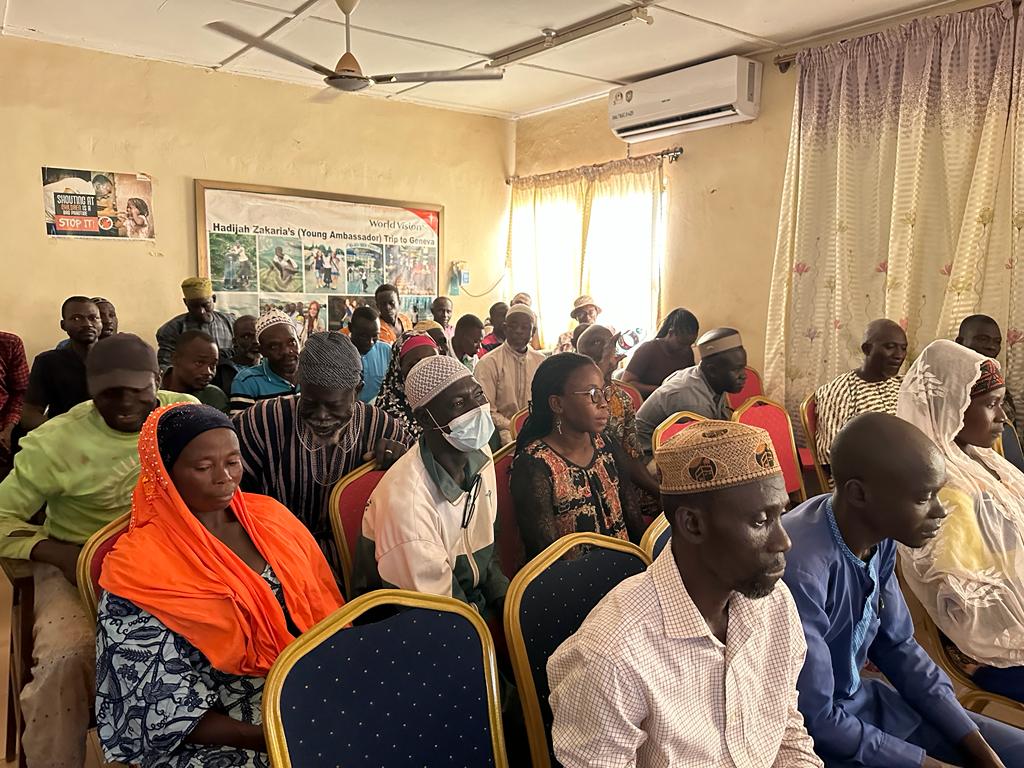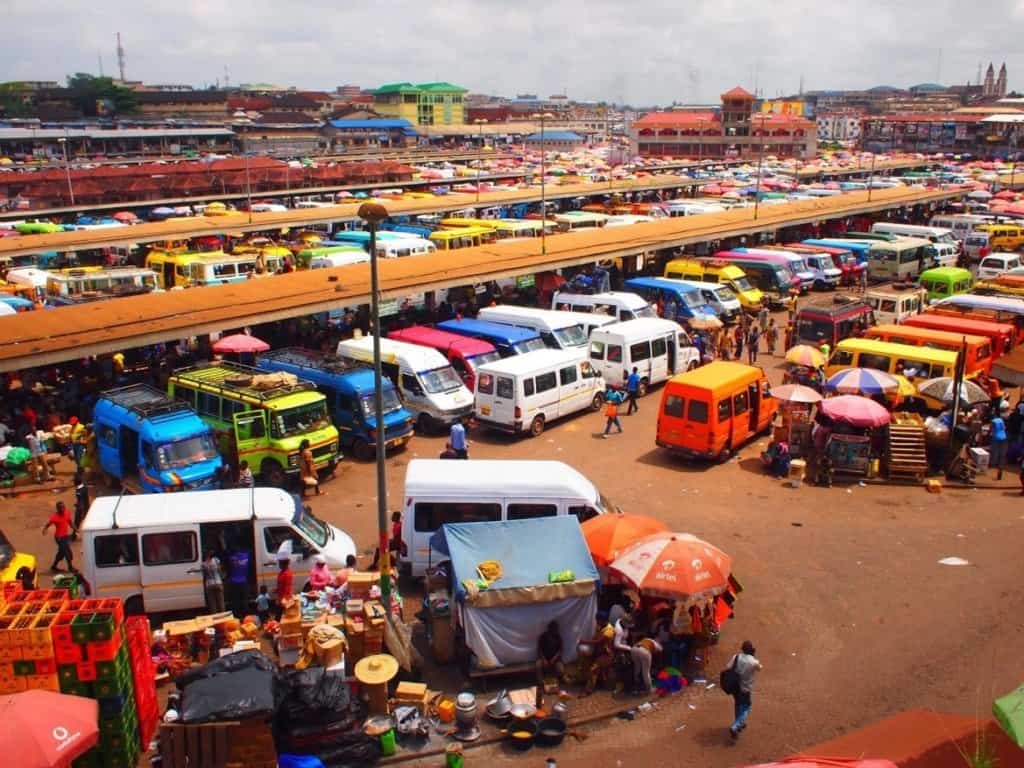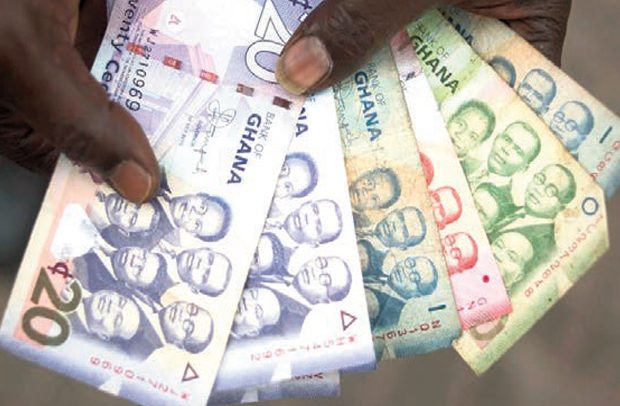
She said, “a value chain is the best way to produce higher quality products and generate more income to women farmers to enhance their capability in commercial farming”.
Mrs Amponsah said this at a Northern Regional engagement on COVID-19 and women access to the opportunities in the agricultural value chain, held in Tamale.
The event, organised by Savannah Women Integrated Development Agency (SWIDA-GH) in partnership with SEND GHANA, was to generate evidence-based issues on the impact of COVID-19 on women farmers for advocacy engagement with state actors to improve agriculture services.
She said adding value to food products sustained the nation’s food security, adding that, it ensured consumers had access to well packaged, preserved and healthy foods, which would improve their wellbeing.
Hajia Alima Sagito Saeed, the Executive Director of SWIDA-GH, said women farmers played a key role in the informal and formal stages of food value chains, including; producing, processing, trading and consumption.
She stated that fostering food value chains had become both a priority and a challenge for many stakeholders such as regional and national policymakers to create more job opportunities for women farmers to enhance their livelihoods.
According to her, there was the need for policymakers to put in place efficient intervention to address challenges that existed between efficient value chains and gender equality.
Mr Eluiyusy Ibrahim, a worker at Wumpini Agro Chemicals, advised the farmers to treat seeds with certified fungicides before nursing to enhance crop growth.
He urged the farmers to adopt crop protection measures such as removing and destroying diseased plants when detected early to prevent other healthy crops from being infected.
Madam Yakubu Rahinatu, Northern Regional Health Promoter, educated the women farmers on the COVID-19 measures and said, the women should avoid large gatherings, and avoid contacting people and advised them to wear a face mask when going out and trading in the market, use hand sanitiser when exchanging money with customers in the market and wash their hands often with soap under running water. Read Full Story




















Facebook
Twitter
Pinterest
Instagram
Google+
YouTube
LinkedIn
RSS